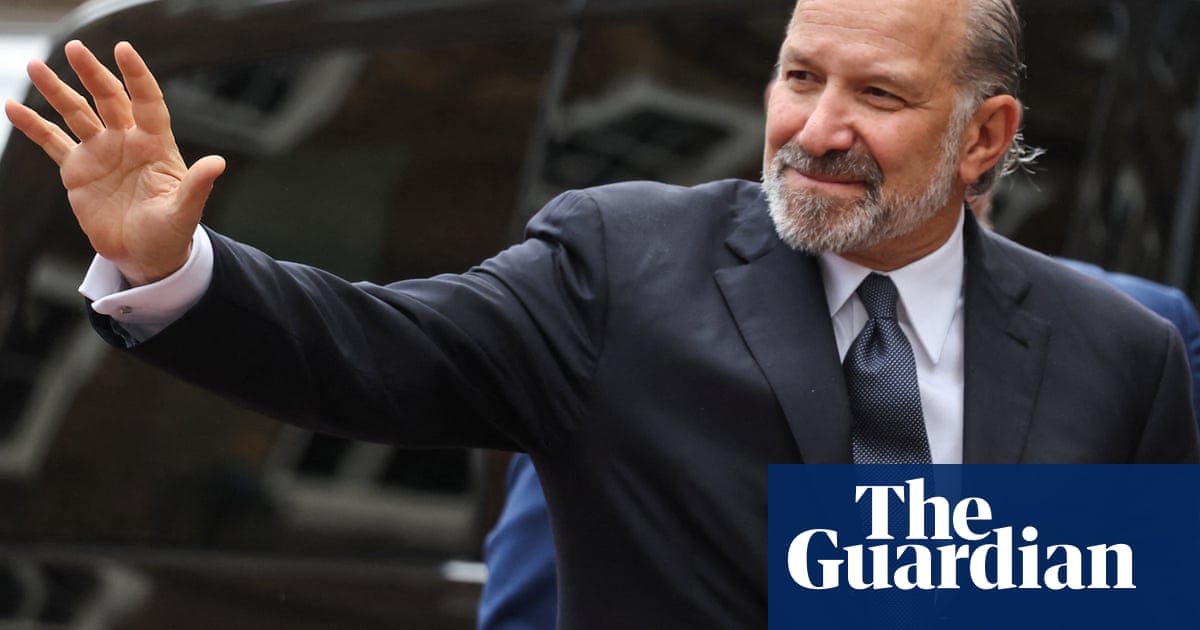UK officials are hopeful the US will begin lifting tariffs on British cars as soon as this week after theBritish trade secretarymeets his US counterpart in London.
Jonathan Reynolds is due to meet Howard Lutnick, the US commerce secretary, on Tuesday evening to discussthe deal to lower US tariffs on cars, steel and aluminium.
Downing Street is hopeful that the implementation of the deal will begin this week, according to two people with knowledge of the discussions.
The aim was to secure a proclamation fromDonald Trumpthis week that would kickstart its implementation, a government official with knowledge of the process said.
The US commerce department would then be tasked with enforcing the tariff reductions on UK goods. Officials expect tariffs on British cars to be reduced first, because the process is less complex than with aluminium and steel, according to the two people briefed on progress in the talks.
Trump and Keir Starmerannounced a “historic” trade agreementlast month that promised relief for key British industries affected by US import taxes. Trump agreed to reduce his 25% aluminium and steel tariffs to zero and slash his 25% tariff to 10% for up to 100,000 British cars a year.
Two weeks ago Trumpdoubled US tariffs on steel and aluminium to 50%but said the UK would stay at the 25% rate until 9 July, pending enforcement of the deal and assuming that the British government “complies with relevant aspects”. Ministers and negotiators are nowracing to thrash out the detailsbefore that deadline.
A trade department source stressed that the government could not predict the actions of the US administration.
The UK is the only country so far that has struck an agreement with the US, though businesses have yet to feel its benefits.Starmer told MPs last Wednesdaythat he hoped the agreement with the US could come into effect “in just a couple of weeks”.
Cars are the UK’s biggest export to the US, worth about £9bn last year. The value of the UK’s steel and aluminium exports is much smaller, at about £700m a year, but the US is an important market for them.
Sign up toFirst Thing
Our US morning briefing breaks down the key stories of the day, telling you what’s happening and why it matters
after newsletter promotion
One of the remaining questions for British ministers is how the quota of 100,000 cars will be allocated. Options include a free-for-all system until the quota is met, splitting it into 25,000 car exports a quarter, or earmarking a certain number of exports for small and medium-sized manufacturers.
One issue the US government is concerned about is steel from other countries being processed in the UK and then exported to the US at a 0% tariff.This has triggered fearsthat the deal could end up excluding the UK’s biggest steelmaker, Indian-owned Tata Steel, because of the origin of some of its products.
Lutnick is in London fortrade talks with Chinathat aim to resolve mounting tensions between the world’s two largest economies. Washington and Beijing agreed a temporary truce over tariffs last month but each country has since accused the other of breaching the deal.
